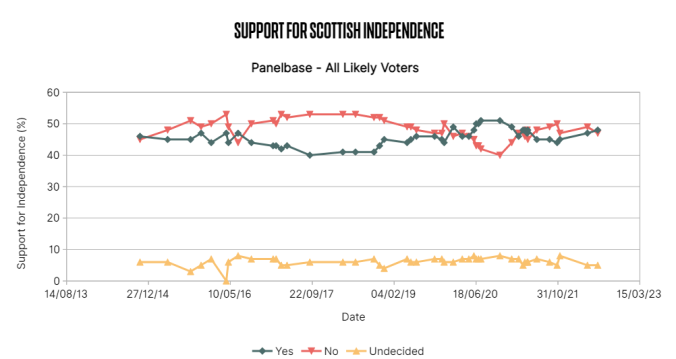“The people had to escape for their lives, some of them losing all their clothes except what they had on their backs. The people were told they could go where they liked, provided they did not encumber the land that was by rights their own. The people were driven away like dogs who deserved no better”. – Betsy Mackay (quoted by John Prebble in “The Highland Clearances”)
(This blog post previously appeared in Common Weal’s weekly newsletter. Sign up for the newsletter here.)
Last week, I took part in the Scottish Government’s virtual public meeting on their Land Reform for a Net Zero Scotland Consultation. This was the only virtual meeting of the series, with the remainder being held in various rural locations across Scotland. About 120 people were in attendance to hear Andrew Thin from the Scottish Land Commission, Janet Mountford-Smith, one of the Scottish Government civil servants charged with coordinating this consultation and the Land Reform Bill as well as Government Ministers Màiri McAllan and Lorna Slater whose remits lie within this Bill. After presentations by all four, the audience was given the opportunity to ask questions. Unfortunately, they chose not to record this virtual meeting though we were assured that the Scottish Government took notes throughout.
Our hosts said repeatedly throughout the evening that the Scottish Government was “entirely open” to suggestions on how to enact Land Reform – and repeatedly encouraged folk to respond to the Consultation – it’s clear that they’re not working from an entirely blank slate here. Several proposals are being made and some of them, we clearly must object to.


